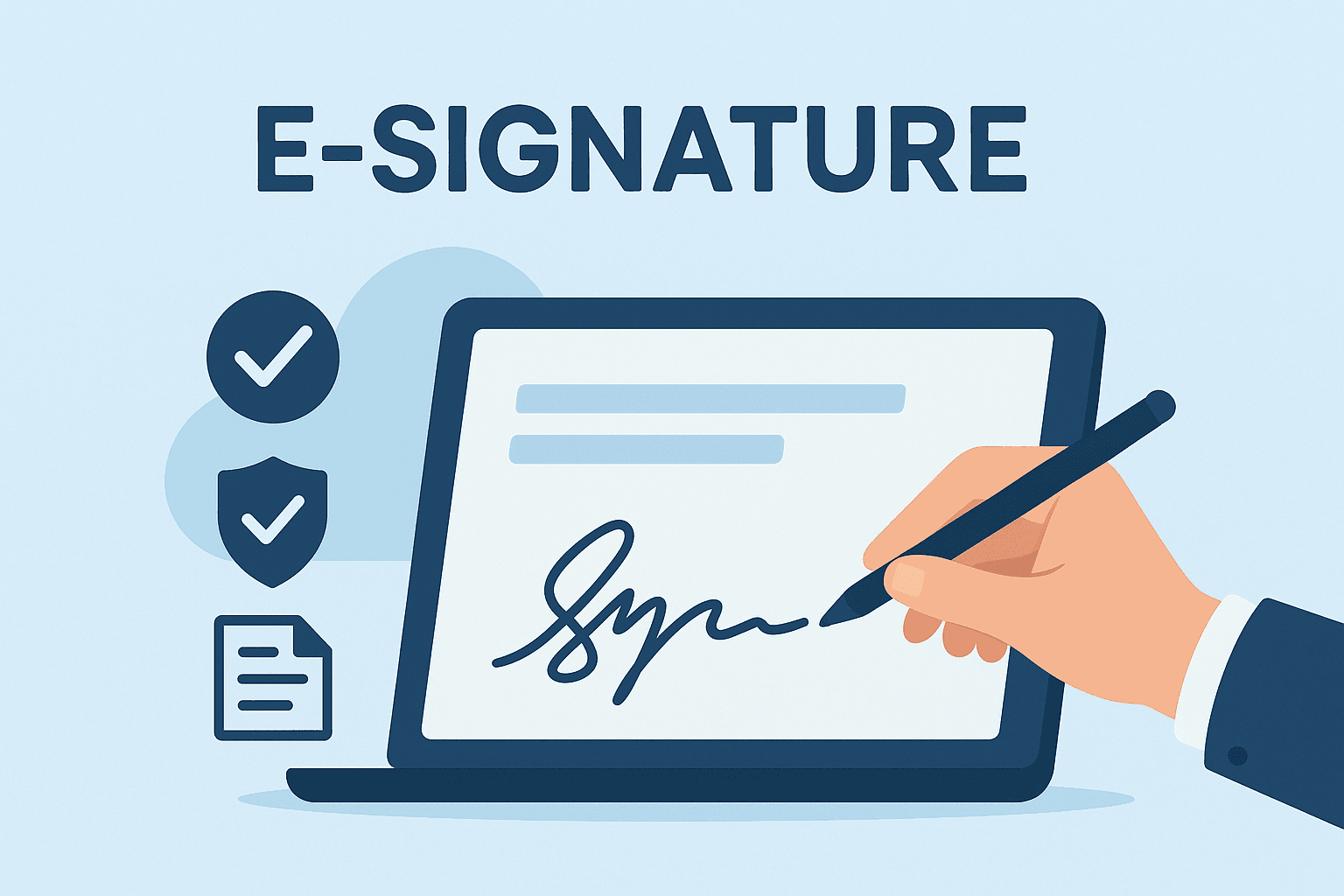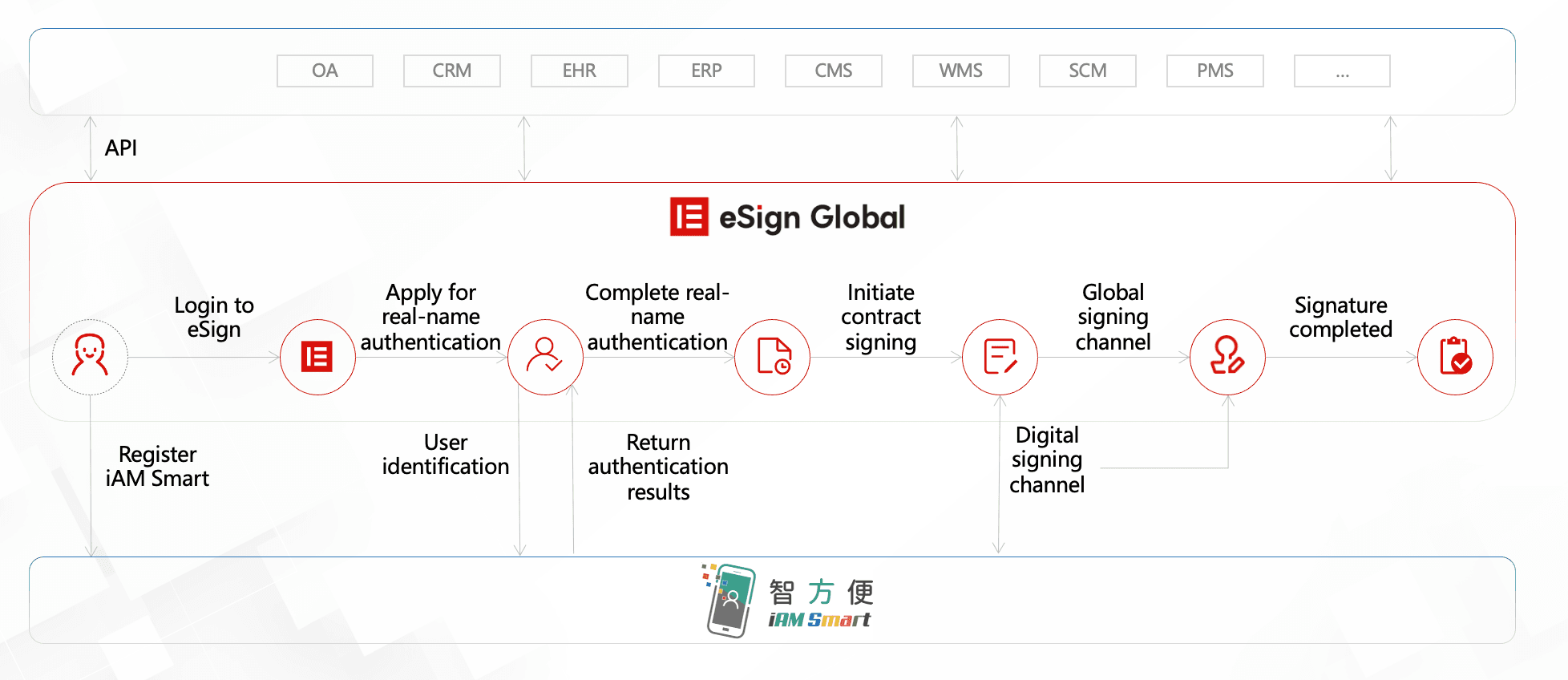What are the disadvantages of digital certificates?





What Are the Disadvantages of Digital Certificates?
Digital certificates have become essential in online identification, secure data transmission, and ensuring data integrity across platforms. Whether it’s securing email communication, financial transactions, or digital contracts, digital certificates offer enhanced security and convenience. But like all technologies, they are not without limitations. In this article, we’ll explore the key disadvantages of digital certificates, especially in the context of regional compliance and local legal frameworks—including Hong Kong and Southeast Asia.
What Are Digital Certificates?
Before diving into the disadvantages, it’s important to understand what digital certificates are. A digital certificate serves as an electronic “passport” that uses cryptographic keys to securely connect the identity of a user or device to a public key. Issued by trusted Certificate Authorities (CAs), these certificates help verify identities in digital communications.
They play a vital role in technologies such as SSL/TLS encryption, digital signatures, and secure email. Despite their widespread use, digital certificates have some significant downsides that organizations and individuals must consider—especially when dealing with cross-border data transmission and differing legal standards.

1. Complex Management and Expiry Issues
One of the most overlooked yet impactful disadvantages of digital certificates is management complexity. Certificates have a limited validity period—typically one to two years—and must be renewed before expiry. Failure to renew can lead to system downtime, blocked communications, and loss of customer trust.
The process of certificate renewal, revocation, and update can be cumbersome in large-scale IT environments. An enterprise may have hundreds of certificates installed across servers, devices, and endpoints, making it hard to track expiry dates manually.
Moreover, the Certificate Authority infrastructure must be kept secure and properly audited. If a CA is compromised, all certificates issued by that authority may no longer be trusted—resulting in systemic security issues.
2. Trust Hierarchies Can Be Targeted
Digital certificates rely heavily on a Public Key Infrastructure (PKI) model, where trust is placed in hierarchical Certificate Authorities. This means that if a top-level CA is breached or issues a certificate incorrectly, all dependent systems could be exposed to cyber threats such as man-in-the-middle attacks.
Local regulations, such as Hong Kong’s Electronic Transactions Ordinance (Cap. 553), emphasize the importance of secure, authenticated digital signatures. However, the reliance on third-party global CAs may not align with region-specific compliance requirements. This mismatch can create challenges for businesses operating in both local and international contexts.
Additionally, users and organizations often struggle to determine which Certificate Authorities can be fully trusted, opening up potential gaps in digital security.

3. High Costs and Licensing Fees
Another notable issue is the cost associated with obtaining and maintaining digital certificates. While some basic certificates may be free, more robust options—such as Extended Validation (EV) certificates—can be expensive. Businesses often need premium certificates to comply with institutional standards or customer expectations.
Add to this the indirect costs of IT labor, training, and incident handling, and the financial burden becomes even more significant. Small to medium enterprises in Southeast Asia, for instance, may find it challenging to afford such infrastructure, especially if required to maintain compliance with local e-signature laws, such as Indonesia’s UU ITE or Singapore’s Electronic Transactions Act.
The bottom line: outsourcing to global providers may not always be cost-effective or legally compliant under local legislation.
4. Lack of Cross-Border Legal Interoperability
While digital certificates offer cryptographic security, they may not always be recognized under all legal frameworks. Different countries have different standards for what constitutes a valid digital signature.
For example, in mainland China, electronic signatures are governed by the Electronic Signature Law, which differs significantly in its recognition of foreign-issued certificates. Similarly, in jurisdictions like Thailand or Vietnam, national root Certificate Authorities are preferred for certain legal processes.
This lack of interoperability can create friction for cross-border contracts and legal documents. It can also cause confusion among users about whether a digital signature is truly enforceable in another country, thus limiting the convenience and universality of digital certificates.

5. Risk of Certificate Revocation and Mismanagement
When certificates are misused or compromised, they need to be revoked immediately. However, the process of revoking a certificate is not always instantaneous or error-proof.
A compromised certificate that isn’t promptly revoked can put organizations at risk of data breaches. Conversely, revoked certificates that are still listed as “valid” due to delay in update propagation can lead to authentication failures and service outages.
This situation is further complicated when dealing with digital contracts that need to remain valid over a long period of time under laws such as Malaysia’s Digital Signature Act 1997. The legal recognition of lapsed or revoked certificates can lead to disputes or the invalidation of business agreements.
6. User Confusion and Lack of Awareness
Unlike physical ID verification, digital certificates are not always user-friendly. Without proper education, many end-users find it hard to distinguish between secure/error certificates, making them vulnerable to phishing or spoofing attacks.
For instance, an average user may approve an untrusted certificate without realizing the potential risk, thereby compromising their personal or corporate data. This again underscores the need for user training, as emphasized under various region-specific legal frameworks such as the Philippines’ E-Commerce Act of 2000.
A Regional Perspective: Why Local Compliance Matters
Given these limitations, it’s crucial for businesses and individuals in Hong Kong and Southeast Asia to consider local regulations when choosing electronic signature and certificate solutions.
In many ASEAN countries and territories, regional legislation around data privacy, e-signatures, and compliance is tightening. Compliance with international PKI standards is not always enough; organizations must also align with local laws for enforceability of digital agreements and audits.
That brings us to an essential consideration—whether global providers are truly the best fit for your business needs.

Looking for a Regionally Compliant Alternative?
If you’re based in Hong Kong or Southeast Asia and require legally compliant alternatives to global e-signature tools like DocuSign, consider exploring solutions like eSignGlobal. Unlike many international providers, eSignGlobal is tailored to meet local regulatory requirements, providing a more secure and legally recognized option for digital contracts and signatures in your region.
Whether you’re managing corporate compliance, streamlining client onboarding, or executing legal agreements, eSignGlobal offers trusted solutions backed by knowledge of Hong Kong and ASEAN standards.

By understanding both the strengths and weaknesses of digital certificates, business leaders and individuals can make informed decisions that fit their security needs and regional legal obligations alike.
In conclusion, although digital certificates offer high utility in cybersecurity, data integrity, and online identity verification, they also present significant challenges—especially concerning regional compliance, management complexity, and cost implications. For users in local jurisdictions, choosing platforms aligned with local legal frameworks—such as eSignGlobal—can mitigate risks and ensure smoother digital transactions.

 Only business email allowed
Only business email allowed


